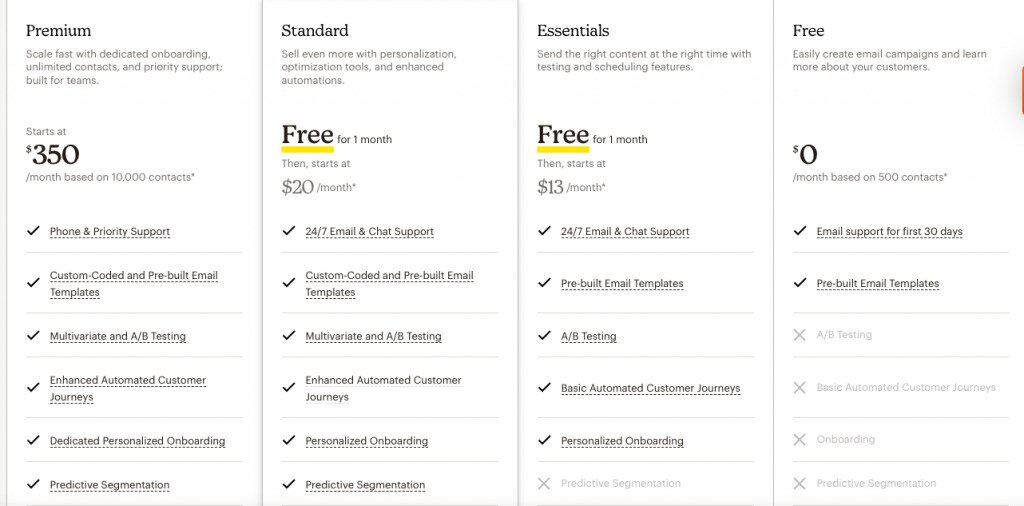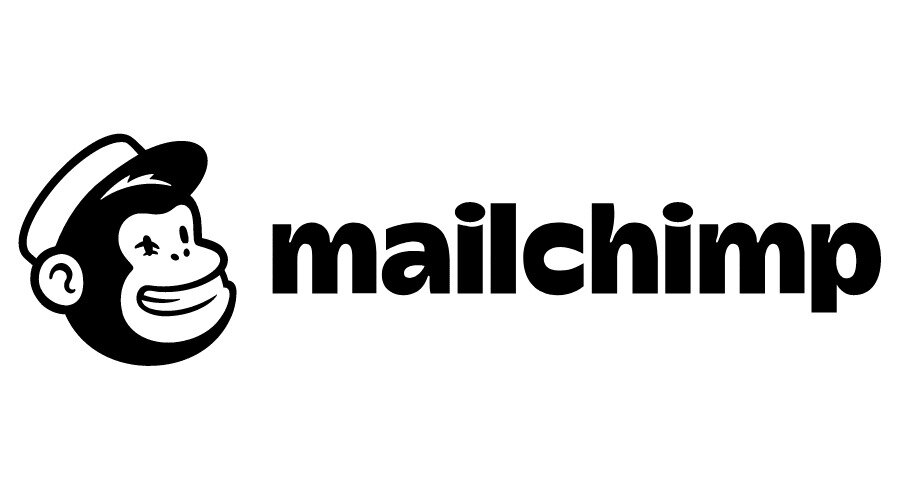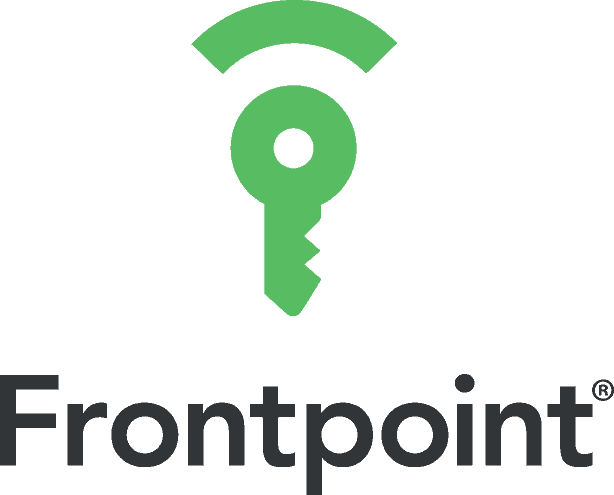Privacy Canada is community-supported. We may earn a commission when make a purchase through one of our links. Learn more.
Mailchimp Review
Mailchimp is a versatile marketing tool that’s become a go-to choice for businesses of all sizes. Beyond its well-known email marketing capabilities, Mailchimp offers a range of features designed to help you grow your business online and communicate with customers and other stakeholders. From customizable email templates, to powerful integrations, and a user-friendly website builder, Mailchimp has a lot to offer.
Mailchimp – Quick Summary
In this review, we’ll explore the key features and benefits that make Mailchimp stand out, including its versatile marketing tools, easy-to-use email templates, extensive integration options, and the convenience of a free trial for its middle-tier plans. Whether you’re a seasoned online business owner or just starting out, Mailchimp aims to simplify your marketing efforts and help you connect with your audience effectively. Let’s dive into what Mailchimp has to offer.
Pros
- Versatile Marketing Tools
- Customizable Email Templates
- Powerful Salesforce Integration
- Two Best Plans with a Free Trial
- Analytics Dashboard
Cons
- Restrictions on Affiliate Marketing
- Learning Curve for Beginners
- Limited Advanced Automation
Features:
- Diverse Marketing Tools for All Needs
- Tailored Email Templates to Match Your Brand
- Extensive Selection of 300+ Integrations
- Practical Salesforce Integration for Enhanced Performance
- Basic Website Building
Mailchimp Review: Features Explained
Mailchimp Marketing Tools
Mailchimp’s marketing tools are a set of helpful resources for businesses looking to promote themselves online. These tools go beyond just sending emails – they offer a bunch of features to make your marketing better. These tools include:
- Email Automation: This is probably what MailChimp is known best for. Users can set up automated email sequences based on specific triggers or customer actions. For instance, you can create welcome emails that are automatically sent to new subscribers, or you can set up abandoned cart recovery emails to encourage customers to complete their purchases.
- Landing Page Development: With Mailchimp, you can create customized landing pages tailored to your campaigns. This tool can simplify the process of directing customers to certain campaigns, offers, or products.
- Digital Ad Development: Mailchimp enables businesses to design and launch digital ad campaigns directly within the platform. This feature helps maintain brand consistency across different marketing channels, and users can track the performance of their ads. It helps users reach a broader audience beyond email marketing.
- Social Media Campaigns: Managing and scheduling social media campaigns is another facet of Mailchimp’s marketing tools. Users can create, schedule, and publish posts on various social media platforms, including Facebook, Instagram, and Twitter. This ensures a consistent and engaging online presence, making it easier to connect with customers on their preferred platforms.
- Analytics Dashboard: Mailchimp provides an advanced analytics dashboard that offers in-depth metrics for campaign analysis. Businesses can track performance indicators, such as open rates, click-through rates, and subscriber engagement. This data-driven approach allows users to assess the effectiveness of their marketing efforts and use informed decision-making to improve their strategies.
In essence, Mailchimp’s versatile marketing tools empower businesses of all sizes to streamline their marketing tasks, engage with their audience effectively, and gather valuable insights to refine their campaigns. Whether you’re a small business owner, e-commerce retailer, or recipe-logging enthusiast, these tools offer a comprehensive solution for your marketing needs.
Customizable Email Templates
Mailchimp offers a versatile feature in the form of customizable email templates, allowing users to craft engaging and visually appealing email marketing campaigns tailored to their needs and brand image. With an intuitive template builder, users with little to no experience can easily modify templates to reflect their brand identity and campaign objectives. For users with more design experience, Mailchimp supports custom-coded templates with HTML, providing creative freedom to design unique email layouts.
These templates ensure consistent branding by enabling the inclusion of logos, color schemes, and fonts, fostering brand recognition and trust among recipients. Mobile responsiveness is also a key aspect, ensuring emails look and function seamlessly across various devices, including mobile phones and tablets. Additionally, Mailchimp’s customizable templates support personalization elements and A/B testing, enhancing engagement rates and enabling users to optimize campaign performance.
Powerful Salesforce Integration
The Salesforce integration in Mailchimp offers businesses some really helpful advantages. Salesforce is like a super-smart tool that helps companies keep track of everything about their customers and how they interact with the company. It’s known as a Customer Relationship Management (CRM) platform. With Salesforce, all customer information is in one place, making it easy to see who they are and what they’ve done with the company.
Salesforce also helps businesses manage potential customers by keeping all their details organized. This way, the sales and marketing teams can follow up with them effectively. The integration with Mailchimp helps create special email campaigns for each customer based on what Salesforce knows about them. The best part is, it provides really detailed reports by combining email marketing and customer data. This can help businesses understand what’s working and what needs improvement. Overall, the integration between Salesforce and Mailchimp is a powerful tool that helps businesses get better at marketing and sales.
300+ Integrations with other Business Tools
Just like its integration with Salesforce, Mailchimp’s extensive array of 300+ integrations act like puzzle pieces that seamlessly connect Mailchimp with various software and services commonly used by businesses. Think of it as having a universal remote control for all your essential business tools.
For instance, if you use an e-commerce platform like Shopify to manage your online store, Mailchimp can integrate with it. This means Mailchimp can automatically sync information about your customers, their purchases, and their behavior on your website. That’s helpful because it allows you to send personalized emails to your customers based on their shopping habits.
Or, let’s say you use QuickBooks to manage your finances. With Mailchimp’s integrations, you can effortlessly combine your customer data from QuickBooks with your email marketing efforts. This can help you send invoices, payment reminders, or special offers directly to your customers’ inboxes.
To put it simply, these integrations can make your communication more effective with customers. They allow different tools to talk to each other, saving you time and ensuring that your marketing is more relevant. It’s like having a supercharged toolbox for your business.
Mailchimp Website Building Feature
Mailchimp has a website building feature that helps you create a website for your business. This can be really useful because it makes it super easy to get your website up and running in no time, even if you’re not a tech expert.
However, it’s important to know that Mailchimp’s website builder is designed for making basic websites. It might not have all the fancy features you’d find in more advanced website builders. So, if you want a professional-looking website with lots of bells and whistles, Mailchimp’s builder might not be the best choice.
But if you just need a simple website to share information about your business, products, or services, Mailchimp can do the job. It’s user-friendly and can help you get started quickly.
Mailchimp Pricing and Plans

Mailchimp offers different pricing plans to fit various business needs and budgets. They recommend two plans: the Standard Plan and the Essentials Plan, both of which come with a risk-free one-month trial. You can switch to another plan or cancel anytime during the trial. While there’s a free Mailchimp plan available, it’s important to note that it has limits and no customer support, so it’s often better to go for one of the middle-tier plans. The cost of these plans can vary based on factors like how many contacts you have.
For example, the Standard Plan starts at around $27.24 per month for 500 contacts after the free trial, and the Essentials Plan starts at approximately $17.71 per month for the same number of contacts after the trial. There’s also a Premium Plan for larger businesses that need more advanced features, which starts at around $476.70 per month for 10,000 contacts. The Free Plan is available for those who want to create email campaigns and learn more about their customers, and it’s, well, free.
Mailchimp makes it easy to try out these plans and see which one suits your needs best. They even offer a short quiz to help you decide which plan is right for your business and the free trial allow you to test the waters and choose the one that works for you.
Is Mailchimp worth it?
Absolutely! Based on their features, Mailchimp can be worth it for many businesses. It offers a bunch of handy marketing tools, like customizable email templates and lots of software connections. Plus, they let you try out their middle-tier plans for free.
Mailchimp’s also good at helping you manage your customer info, run marketing campaigns, and set up automated tasks. And it’s pretty popular, with millions of users relying on it. So, if you’re running a business, website, or even starting one, Mailchimp could be a smart tool to help you with your marketing tasks.





